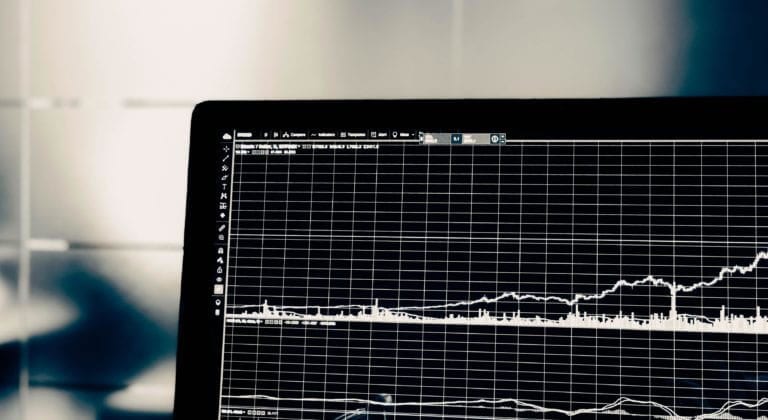Technology
We examine how a change in the cost of access to knowledge influences the direction of inventive activity. To do this, we leverage an unanticipated and substantial reduction in the cost of motion sensing research technology that occurred with the introduction and subsequent hacking of the Microsoft Kinect system. To estimate whether this shock induces changes in scientists’ research trajectories, we employ novel measures based on machine learning (topic modeling) techniques as well as traditional measures based on bibliometric indicators of knowledge accumulation.
Our analysis demonstrates that the Kinect shock increases the diversity of research of both incumbents and entrants in motion-sensing and that the effect is greater for entrants than for incumbents. Importantly, the increase in diversification of entrants extends to projects that do not directly use motion-sensing, suggesting that the reduction in cost acts as a conduit towards unexplored research trajectories.
